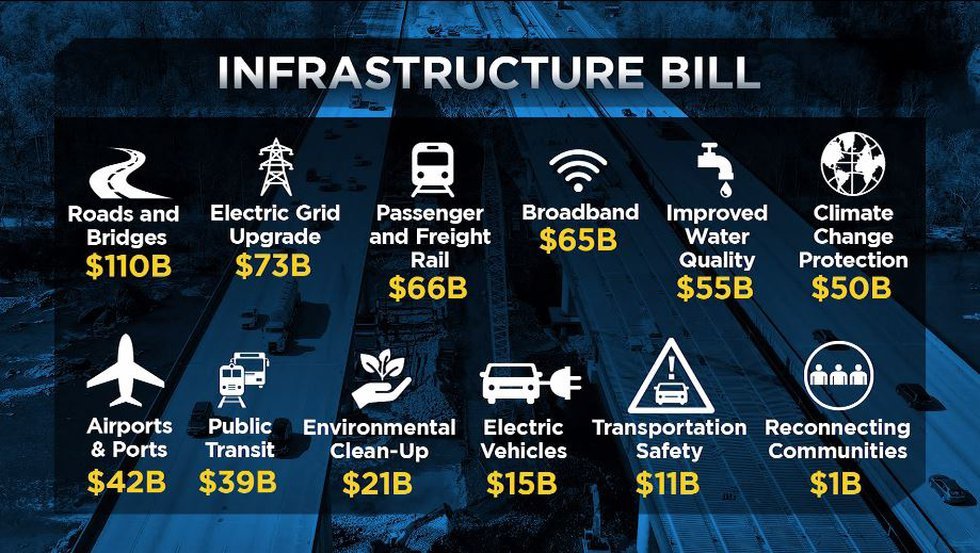Robert W. Deutsch Foundation Issues Recommendations on NTIA’s Broadband Infrastructure Funding

Robert W. Deutsch Foundation Issues Recommendations on NTIA’s Broadband Infrastructure Funding
Earlier this year the National Telecommunications and Information Administration (NTIA) issued a request for public comment on implementing broadband programs established by the Infrastructure Investment and Jobs Act (IIJA).
Given that the IIJA represents the largest investment the United States has ever seen in the infrastructure of many sectors, including broadband, this bill could represent a major first step in addressing racial inequities and existing infrastructure failures— if awarded equitably.
Robert W. Deutsch Foundation, on behalf of our grantees, Digital Equity Leadership Lab graduates, and Johnston Square Partners, submitted comments on February 2, 2022. Our comments highlighted the need to connect broadband infrastructure programs to systemic inequity. In doing so, we elevated the needs of BIPOC communities who face compounded social inequalities in an increasingly digitized world.
Grounded in racial justice analysis, our comments elevate the fact that racial gaps cost our country $2.5 trillion in 2015—demonstrating the financial imperative of racial justice. Therefore, we believe a successful Bipartisan Infrastructure Broadband Program must require that all programs center racial equity in their outcomes, measurement, and evaluation goals.
To this end, RWDF’s comments urge the NTIA to ensure programmatic support centers the communities who have been forced to live with the impacts of the racial inequality built into our infrastructure for far too long. These communities now stand to gain the most through an equitable distribution of resources. In short, broadband dollars should flow directly to: BIPOC communities, low-wealth communities; refugee, asylee and migrant communities; communities with mixed immigration status, or speakers of languages other than English; communities with high levels of incarceration, rentry, or youth/adults under state supervision; disabled communities; seniors; and more.
Recommendations addressed in our comments:
Prevent Digital Redlining
Expand the definition of anchor institutions
Hire locally & pay justly
Prioritize families at the margins
Ensure youth/youth serving organizations are supported, connected & empowered
Expand the definition of youth to 24 years
Fund Comprehensive Mapping
Increase symmetrical upload and download speeds
Fund Municipal Broadband Networks
Resource the Creative Community
Read the comments filed by RWDF here
Our comments were endorsed by over twenty community organizations, including the following:
Baltimore Arts Realty Corporation
Baltimore Community Foundation
Baltimoreans United in Leadership Development (BUILD)
BmoreArt
Central Baltimore Partnership
Code in the Schools, Inc.
Media Rhythm Institute
MENTOR MD|DC
Motor House
Mt. Sinai Baptist Church
NE Leaders
Open Works
Parks & People Foundation
PCs for People Maryland
Rebuild Johnston Square Neighborhood Organization
ReBUILD Metro, Inc.
St. Francis Academy
The City Neighbors Foundation
The 6th Branch
Turn Around Tuesday
29th Street Community Center
Village Learning Place
Wide Angle Youth Media
Featured Image Credit: CNN/KKTV 11
